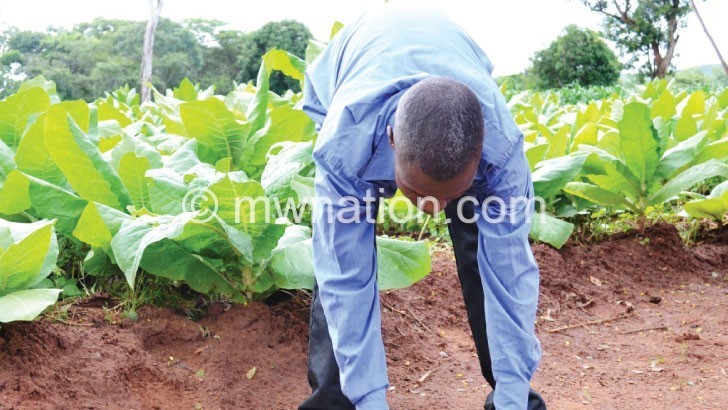Malawi ratifies protocol on forced labour
Malawi has ratified the 2014 International Labour Organisation (ILO) protocol on forced labour, effectively committing to take necessary measures to prevent forced labour, protect victims and ensure access to justice by the victims.
Minister of Labour, Skills and Innovation Martha Chanjo ratified the protocol on behalf of the Malawi Government last week in Geneva, Switzerland during an event presided over by ILO director general Guy Ryder.

In a statement, ILO country office for Zambia, Malawi and Mozambique quoted its office support assistant Allan Mulenga as having said that Malawi has made significant efforts in recent years to combat trafficking in persons, including passage of the Trafficking in Persons Act in 2015 and the establishment of the National Coordination Committee against Trafficking in Persons.
On her part, Chanjo said Malawi Government recognises that ratification and domestication of the protocol are different things, adding that the country is committed to ensuring effective domestication of the protocol by developing a national policy and plan of action, among other measures.
“In line with our national pledge for action to eradicate forced labour and child labour and having already ratified all eight of the fundamental ILO conventions, we are pleased to have ratified the 2014 Forced Labour,” she said.
Chanjo said Malawi will also take specific measures, including raising awareness among employers and vulnerable populations, strengthening labour inspection services and addressing the root causes and factors that heighten the risks of forced labour.
Following the ratification, Malawi becomes the 42nd country worldwide to ratify the protocol.
Since 2014, 11 African countries have ratified the instrument, thereby committing to take effective measures to prevent all forms of forced labour, including trafficking in persons to protect victims and guarantee them access to effective remedies and compensation.
Tobacco Association of Malawi (Tama) has expressed delight over the stance by government, saying it gives hope for tobacco growers in the wake of recent global shocks on Malawi tobacco, especially the recent withhold release order (WRO) on the country’s tobacco by United States Government.
However, the ratification comes barely a month after the US Customs and Border Protection has issued a WRO on tobacco from Malawi, allowing the country to detain all imported goods believed to have been produced with forced labour protocol.
Following the WRO, shipments arriving in USA are first detained at the port of entry before being subjected to heavy scrutinyor screening by authorities and ensure that importers prove to the US authorities that Malawi tobacco is not produced with child labour which is prohibited under US law.
Tama communications officer and desk officer for child labour Sam Kalimba said in an inerview on Tuesday that the association is pleased with the ratification of the protocol.
Said Kalimba: “We thank Malawi Government, through Ministry of Labour, for timely ratifying of this protocol. This has come at a time government is also reacting to the WRO on Malawi tobacco by the US.
“It, therefore, gives hope to us growers that one day tobacco will have a stable global market.”
On his part, Ryder is quoted as having said that through the ratification, Malawi is reinforcing its formal commitment to eliminating all forms of forced or compulsory labour, including trafficking in persons.
He said ILO is ready to support Malawi in ensuring effective implementation of all measures in the protocol.
ILO country office director for Zambia, Malawi and Mozambique George Okutho is quoted as having said that “forced labour violates human rights and dignity and also contributes to the perpetuation of poverty”.
“Therefore, we congratulate Malawi for ratifying the Forced Labour Protocol. Comprehensive measures of prevention, protection, and remedy, such as compensation and rehabilitation and sanctions against perpetrators, are necessary to achieve the effective and sustained suppression of forced or compulsory labour,” he said.
During a 2019 Tobacco Annual Industry Conference in Lilongwe, Tobacco Commission corporate planning and development manager Hellings Nason said Sustainable Development Goals (SDGs), a collection of 17 global goals set in 2015 by the United Nations General Assembly, entail that child labour should be eliminated by 2025.
According to the 2018 findings on the Worst Forms of Child Labour, Malawi made a moderate advancement in efforts to eliminate child labour.





